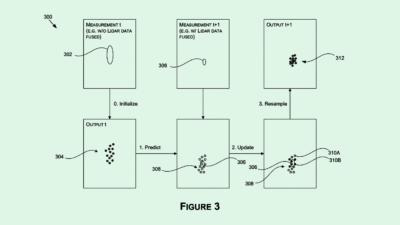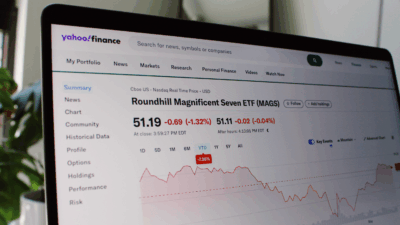
Sign up for smart news, insights, and analysis on the biggest financial stories of the day.
Stephen King is known as many things: the king of horror, a short story extraordinaire, noted philanthropist. Soon he’ll don a new identity at the center of a drama unfolding in real life: star witness.
The US Department of Justice is calling the author to the stand as it sues to block a merger between mega book publishers Penguin Random House and Simon & Schuster. The trial, which starts today, will presumably be worthy of a John Grisham novel.
Slaughterhouse-Five (Major Publishers)
In the world of book publishing, a so-called Big Five of publishers reign supreme: MacMillian, Harper Collins, Hachette Book Group, Simon & Schuster, and Penguin Random House (itself the result of a 2013 merger that ended the era of a Big Six). When Penguin Random House announced in Fall 2020 that it had agreed to acquire Simon & Schuster, authors, analysts, and industry leaders decried that the new landscape wouldn’t so much be a new Big Four, but rather one clear titan and three other small competitors — and that’s not even mentioning the countless small and independent book houses.
The acquisition, set at just under $2.2 billion, proved enough of a page-turner to draw the attention of the merger-skeptic Justice Department away from Silicon Valley. The post-merger Penguin House, they argue, could create a company of Orwellian proportions:
- The new company would qualify as a monopoly, the Justice Department says, able to exercise too much control over authors of expected top-selling books who can currently demand advances of over $250,000. The new house could kill competition and lower advances industry-wide.
- Industry analysts, meanwhile, told The New York Times that the combined company would produce a disproportionate amount of chart-topping books in an industry increasingly reliant on blockbuster sales. Penguin Random already accounted for 38 of the top 100-selling print books last year while Simon & Schuster had 11, according to NPD Bookscan.
Penguin’s Complaint: Penguin’s parent company Bertelsmann contends that access to supply chain and distribution economies of scale will allow it to pay authors more, not less, and the two houses will still bid separately for new books.
All the King’s Men: Stephen King, who publishes with Simon & Schuster, is testifying against the merger. “The more the big publishers consolidate, the harder it is for indie publishers to survive,” King said. “And that is where the good writers are currently starting out and learning their chops.” The author of The Stand is, well, taking a stand.











